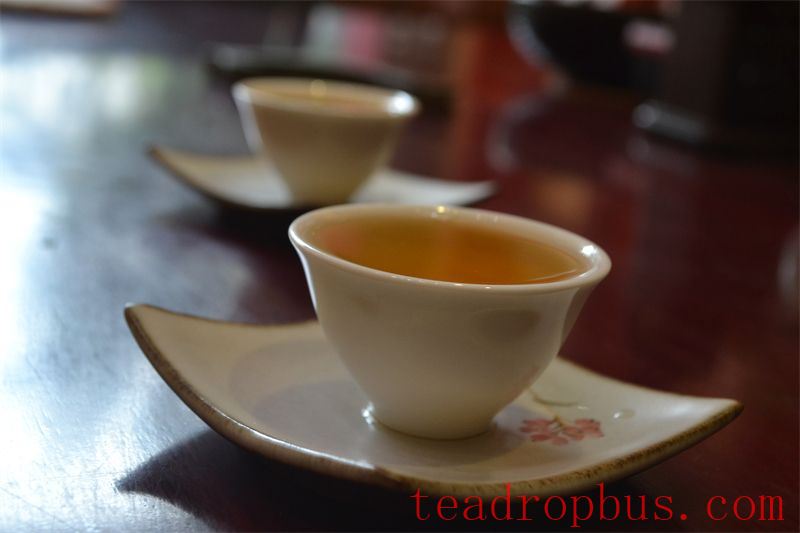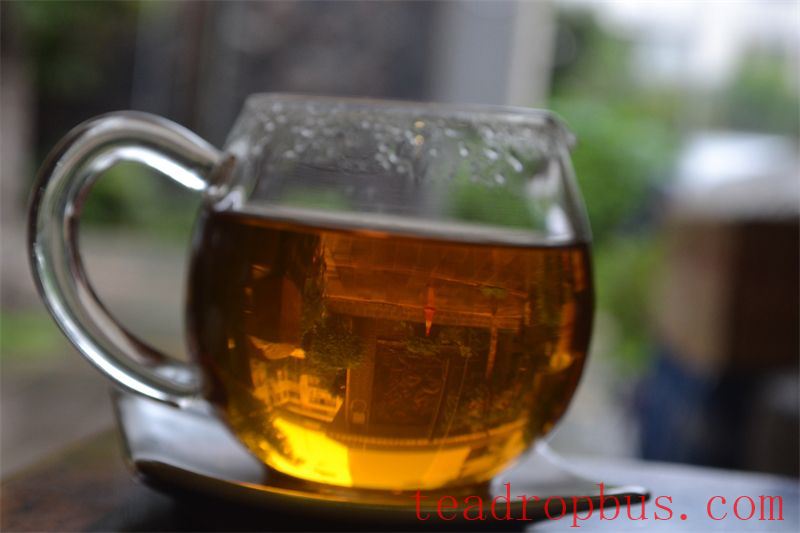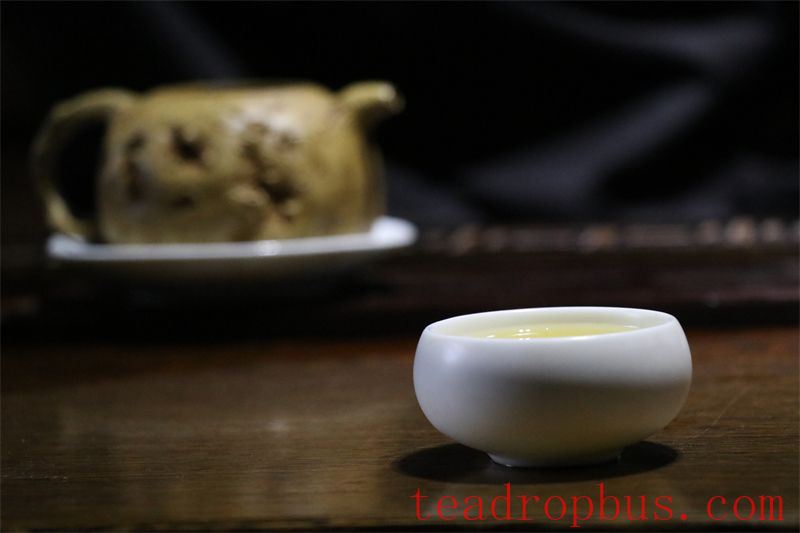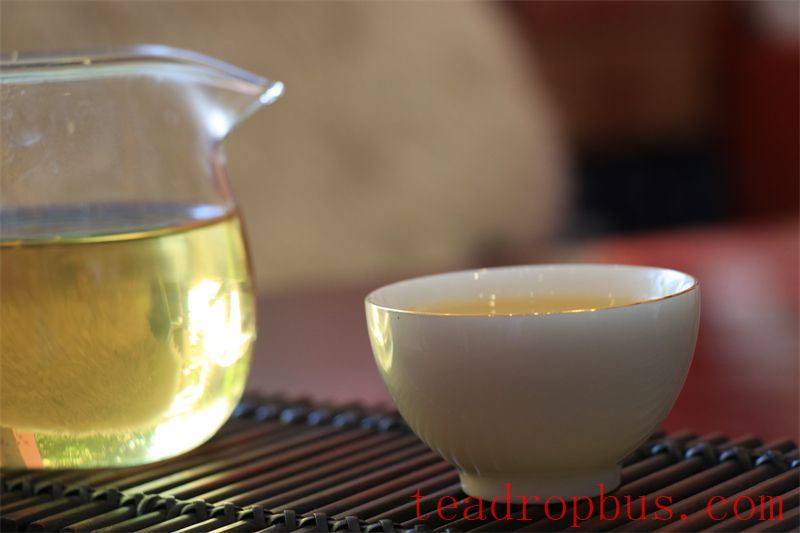Tea is the beverage of the Chinese, to quench thirst; tea is esteemed. The character for “fork” evolved from that of tea, its pronunciation derived from “mu jia,” and its origins are ancient. It has spread overseas, and wherever there are Chinese people, there is tea.
Regardless of social status, everyone partakes. Those at the top sip rare varieties, while those at the bottom drink simple tea. Even by the roadside, some offer tea to passersby.
Northerners, upon waking, ask each other on the street, “Have you had your tea?” Tea is one of the seven essentials for daily living, a necessity of life.
Tea is but an ordinary leaf, its discovery and consumption not something it sought out.
But because we discovered it, it became part of our lives. Silent, yet pulsating, joyful… these are sentiments we ascribe to it.

Tea is a pleasure, and savoring tea is an enjoyment. Peacefulness is the innate nature of life.
Drinking tea is an enjoyment in itself.
The first infusion is water, the second is tea, and the third and fourth infusions are where the true essence lies. In these infusions, you can fully appreciate the transition from bitterness to sweetness, leaving a lingering fragrance between your lips and teeth. Is this not also a way to enjoy life?
Life is short, so instead of striving relentlessly for material success, why not cultivate chrysanthemums by the eastern hedge and enjoy the fleeting warmth of life? The essence found in tea is much the same.

Drinking tea is about mood.
“Since ancient times, fine teas resemble beautiful women; only after drinking do you understand their depth.” A person's mood can determine the taste of the tea. Only those who brew it slowly and savor it carefully can experience the sweet relief after the initial bitterness.
The brewer determines the type of tea. Tie Guan Yin represents a life filled with intense emotions, complex; while jasmine tea symbolizes a life that is light and pure.
Life is like tea; we need Tie Guan Yin, we need jasmine, and we need a good brewer and a good taster.
I like Biluochun, a famous tea from the shores of Lake Tai in Suzhou, silver-green with a hint of emerald, its broth a tender yellow. It evokes the image of women meandering through mist-covered white walls and black tiles in the Jiangnan region, petite and graceful, approaching gently, their speech as soft as the Wu dialect, stirring a sense of elegance within you.
I like Longjing, a famous tea from Meijiawu in Hangzhou, clear and bright, its green hue hiding a touch of ivory. It conjures up the image of Xu Xian by West Lake, clear and refined, his demeanor elegant and relaxed, his affection as deep as the waters, both learned and free from the air of a pedantic scholar.

Tea is a pleasure, savoring tea is an enjoyment, and peacefulness is the innate nature of life.
Those who love tea often have this feeling: tea is like a tranquil garden in the midst of a bustling city, part of the city yet maintaining its own world.
Savoring tea is joy, an enjoyment. In a crystal-clear glass cup, place a small amount of leaves, pour in boiling water, and amidst the rising steam, watch as the fragrant young leaves slowly unfurl, swaying left and right, floating up and down, some quickly sinking to the bottom, others floating to the surface.
Sip the tea. The unique aroma of Tie Guan Yin greets you, moistening throat and lungs. After a small cup, the aftertaste lingers, refreshing both mind and spirit.

In many instances, tea transcends being merely a beverage; it represents a culture, a value system, expressing human emotion and attitudes towards life.
“Without bitterness, it isn't tea.” Bitterness is a fundamental characteristic of tea. From a Traditional Chinese medicine perspective, most things bitter have the properties of clearing heat, reducing fire, and detoxifying. Not only does tea possess these qualities, but it also allows one to appreciate purity and fragrance amidst the bitterness, a rarity indeed.